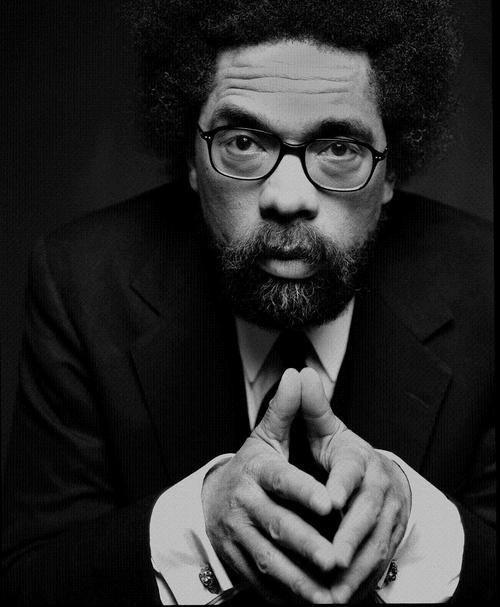The group exercise associated with Beyond Heroes and Holidays text was a very productive and safe way to have a conversation about race and privilege that may have been difficult to structure otherwise. I appreciated the opportunity to have conversations on the topics of how race, class, and culture relate in the classroom. As teachers that are coming into the field from multiple walks and experiences we have to be cognizant of our own presence in the classroom as facilitators of discussions and the sharing of thoughts and experiences. The space and time allotted for these conversations plays a vital role in our ability to keep the conversations civil and on track while keeping the students on task. When we focus on multicultural education, the input from scholars and our peers can allow us to move beyond our own understanding and foster collaborative approaches to social justice.
The portion of the reading assigned to my group was the introduction piece and I really appreciated how well the different aspects of the book were summarized. The section that stood out the most for me was Our Education Philosophy. I really appreciate that the authors stated that “There is no formula for multicultural education from a critical standpoint…” I think that this speaks to the idea that as educators we need to be flexible in how we approach the subject or how multicultural knowledge is implemented. I really appreciate that the authors instead chose to share guidelines to help educators create a framework to guide the creation of lessons. The guidelines ask a series of questions such as:
-Does the lesson draw on the knowledge and experience of the students?
-Does the lesson help reveal the diversity and complexity of the issues and fields it addresses?
-Does the lesson use a variety of instructional methods to stimulate students’ multiple ways of learning and understanding?
-Does the lesson reinforce the idea that students have individual and collective agency and help to develop that agency?
-Does the lesson convey a politics of possibility and hope?
In addition to these questions, the authors also ask two additional questions that allow the focus to further deconstruct race and racism:
-Does the lesson challenge stereotypes and correct misinformation about peoples of color?
-Does the lesson expose the deep historical and institutional roots of racism and its devastating effects on both peoples of color and White people?
If we are able to employ this understanding in the classroom across all subjects then we may have a better chance in seeing a more equitable and empowered society in the generations to come. I think that by this method being modeled and utilized in the classroom, students will learn to ask the right questions and have the language to discuss issues of inequity.
“Justice is what love looks like in public.”-Dr. Cornel West
(image courtesy of twitter.com/cornelwest)

Thank you for sharing your thoughts about this! I share a similar stance that teaching is about social change- we have so much power and impact when we do it intentionally!
I feel the question of approaching learning in multiple ways is incredibly important – when I taught a few years ago, that was the way I reached my students and they grew the most. Its so valuable to give everyone many ways to learn and think.
I’ve been getting rather sad in reminiscing about my schooling as a young me and realizing how much I missed out on because every class was fact memorization and vocabulary lists.
Cecelia, thanks for sharing and summarizing our group discussion so eloquently. I loved the space we had to speak our minds without the larger audience to address. With the given an allotted time span for each person, it avoided the speaker being spoken over in a moment of contemplation to search for the write word. It was a thoughtful experience. Too often we silence a speaker as we agree with them. I heard it earlier today and you corrected them that you were still speaking and they still agreed with you as they kept speaking- madness.
Back to the task at hand, I truly appreciated the experience because it was the first time that I heard you voice your viewpoint in class, respond to ideas that resonated with us on the reading and challenged me to think deeper about a subject a white man should think deeper about. Your quote is perfect. I see you live life to seek justice and live for justice. The world needs to see more of that love, so thank you, my friend. There may be too many people talking over each other and not listening, but I believe it is important to hear more of what you have to say even if you give me a hard time.
Cecelia,
I think these discussions were the most important part of our class, not just with BH&H, but any discussion where we started bridging the divides between peoples own knowledge and understanding others points of view. I personally would like to learn how to facilitate discussions in the most inclusive of ways for my future classroom. Also Dr. Cornel West is an extremely wise person, I haven’t read enough of his work, but I like the quote you cited, “Justice is what love looks like in public” as your post title, it’s thought provoking.
I think that the statement “There is no formula for multicultural education from a critical standpoint” is a thought-provoking statement that points to the need for flexibility and adaptability in light of our diverse schools and diverse students. There is no one solution, no one cure-all to make education multicultural. The implementation of multiculturalism in schools will need to be tailored to each individual school and situation. It would be foolish to have one approach for such a diverse range of schools, students, and experiences. I like that you highlighted this in your post.
Also, thank you for sharing the Cornel West quote. It is very moving.